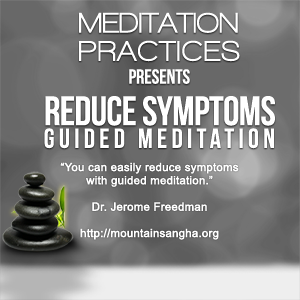In a message to our planet from 1971, the then United Nations Secretary-General U Thant told us,
“I believe that mankind is at last aware of the fact that there is a delicate equilibrium of physical and biological phenomena on and around the earth which cannot be thoughtlessly disturbed as we race along the road of technological development… This global concern in the face of a grave common danger, which carries the seeds of extinction for the human species, may well prove to be the elusive force which can bind men together. The battle for human survival can only be won by all nations joining together in a concerted drive to preserve life on this planet.”
-U Thant, May 11, 1971 (see the UNESCO Courier, July, 1971)
Did we listen? Not then, not now. We are still struggling with the political battle for saving our planet from natural disasters arising from global warming.
Back in 1971, more than 2,000 scientists signed what was called the “Menton Message,” because it was signed in Menton, France. The meeting was convened by a new, voluntary, non-governmental, transnational peace movement known as “Dai Dong”. Literally the name means “a world of the great togetherness”, a concept which originated in pre-Confucian China more than 2,500 years ago.
The message included a listing of the problems that we are facing with a few hints at what can be done. The problems listed were
- Environmental Deterioration
- Depletion of Natural Resources
- Population, Overcrowding and Hunger
- War
The scientists recommended
- A moratorium on technological innovations the effects of which we cannot foretell and which are not essential to human survival. This would include new weapons systems, luxury transport, new and untested pesticides, the manufacture of new plastics, the establishment of vast new nuclear power projects, etc. It would also include ecologically unresearched engineering projects the damming of great rivers, “reclamation” of jungle land, undersea mining projects, etc.
- The application of existing pollution-control technology to the generation of energy and to industry generally, largescale recycling of materials in order to slow down the exhaustion of resources, and the rapid establishment of international agreements on environmental quality, subject to review as environmental needs become more fully known.
- Intensified programs in all regions of the world to curb population growth, with full regard for the necessity of accomplishing this without abrogation of civil rights. It is important that these programs should be accompanied by a decrease in the level of consumption by privileged classes, and that a more equitable distribution of food and other goods among all people be developed.
- Regardless of the difficulty of achieving agreements nations must find a way to abolish war, to defuse their nuclear armaments, and to destroy their chemical and biological weapons. The consequences of a global war would be immediate and irreversible, and it is therefore also the responsibility of individuals and groups to refuse to participate in research or processes that might, if used, result in the extermination of the human species.
With regard to the first bullet, our technology has advanced so significantly that GMO foods line our grocery shelves and new gadgets are being sold every day. And, what about the destruction of the rain forests for the benefit of people eating animal products? This has gone much too far, in my opinion.
I think the Jacques Fresco had it right when he introduce the resource based economy around the time of this agreement. This would give rise to a more equitable distribution of food and other goods.
What have we learned in the past 44 years that changes this picture at all? Maybe a little recycling, but not much else. Don’t you think we are in trouble? What are you willing to do about it?













You must be logged in to post a comment.